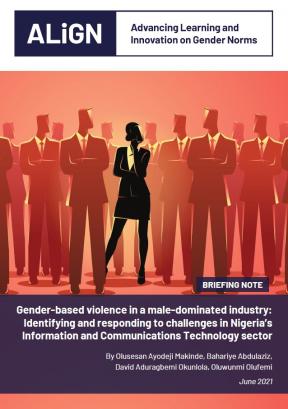- Briefing paper
- 7 June 2021
How gender norms contribute to gender-based violence in the workplace in Malawi
- Author: Beaton Galafa, Tizgowere Msiska
- Published by: ALIGN, REHAAT-Initiative
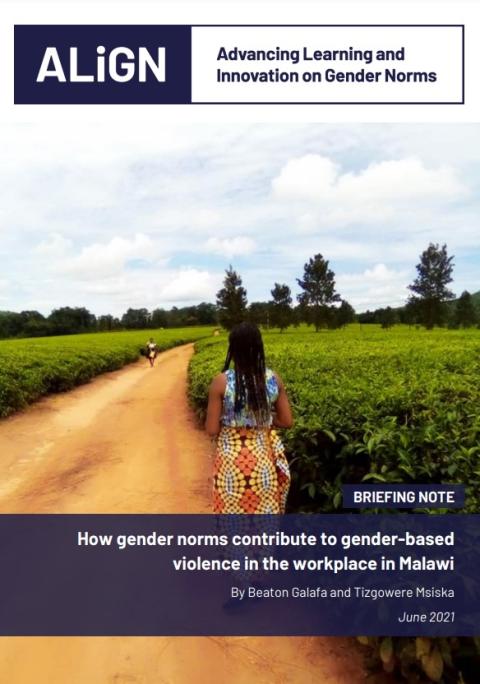
The research, which was conducted by Revolution Human Aid and Transparency Initiative (REHAAT-INITIATIVE), explores how gender norms contribute to gender-based violence among low-income earning agricultural labourers and domestic workers in Malawi.
The study was conducted in three districts of Nkhata-Bay, Mzimba and Karonga in northern Malawi. Domestic workers work in closed workspaces and agricultural labourers work in remote areas which makes them prone to various forms of GBV with little chances of reporting.
The findings show that the main norms that underpin various forms of violence against women in domestic and agricultural work are the expectations that they will be submissive and will not criticise their superiors, and the non-intervention that results from cultural passivity.
This report is an output from the second round of ALIGN's micro-granting facility which provides organisations based in low- and middle-income countries with grants for research and learning. See more about this round of funding.
- Countries / Regions:
- Malawi
Related resources
2 November 2020
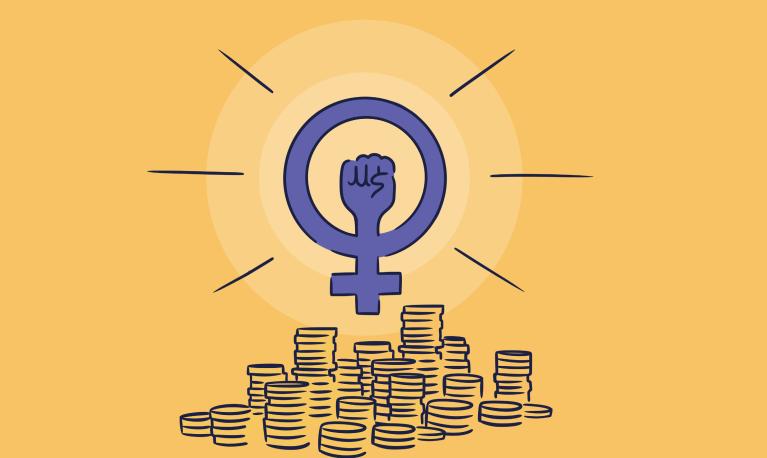
9 June 2021

ALIGN's second round of micro-grant funding focused on research into effective action on the gender norms that underpin gender-based violence in the workplace and features outputs from Zimbabwe,…
Briefing paper
25 August 2021
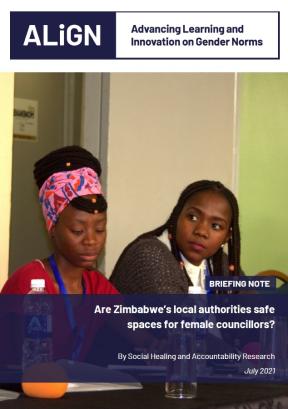
Briefing paper
25 August 2021
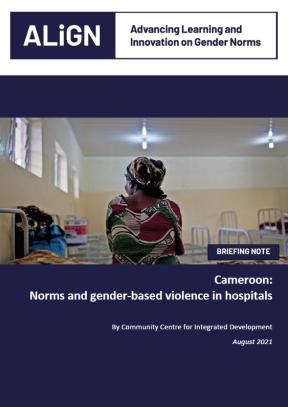
Briefing paper
19 August 2021
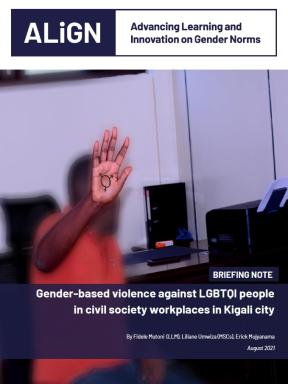
Briefing paper
22 July 2021
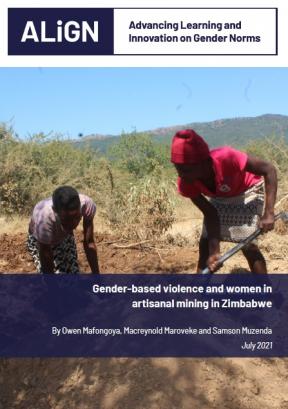
Briefing paper
12 July 2021
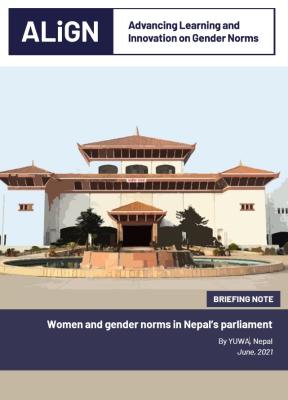
Briefing paper
24 June 2021
